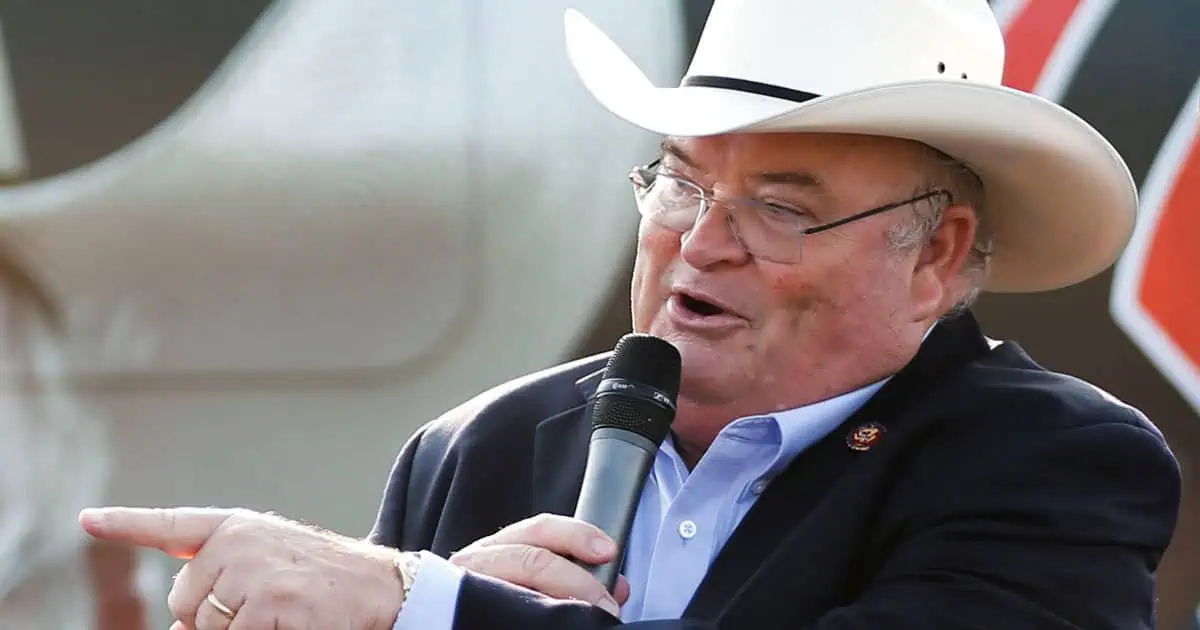In a move hailed by defenders of religious liberty, the IRS formally acknowledged in a court filing this week that churches may endorse political candidates from the pulpit without risking their tax-exempt status.
The move is a sharp clarification on an issue that has long sparked legal and constitutional debate.
The admission came as part of a federal lawsuit involving two Texas churches and a Christian broadcaster group that sued the federal government.
They claim that restrictions on political endorsements violated their First Amendment rights.
The IRS’s position was revealed in a court filing reported Monday by The New York Times.
At issue is the Johnson Amendment, a 1954 tax code provision named after then-Senator Lyndon B. Johnson (D-TX).
The rule bars 501(c)(3) nonprofit organizations from engaging in political campaign activity, including churches.
But the IRS now says that churches speaking about political candidates during religious services or through typical channels of communication do not violate the law.
“Thus, communications from a house of worship to its congregation in connection with religious services through its usual channels of communication on matters of faith do not run afoul of the Johnson Amendment as properly interpreted,” the IRS wrote.
The agency compared such speech to “a family discussion concerning candidates.”
The IRS acknowledged that it has rarely enforced the provision against churches.
In fact, the IRS admitted in its filing that it has long refrained from investigating or penalizing churches “for speech concerning electoral politics in the context of worship services.”
Even during high-profile challenges like “Pulpit Freedom Sunday,” where pastors openly endorsed candidates from the pulpit, the IRS only launched a single investigation.
The agency issued no penalties.
The latest filing is being celebrated by Christian conservatives and free speech advocates, many of whom have long argued that the Johnson Amendment has been weaponized to silence churches while allowing left-wing nonprofits and unions to campaign with impunity.
During his first term, President Donald Trump vowed to eliminate the Johnson Amendment altogether.
He declared his intention during the 2017 National Prayer Breakfast:
“I will get rid of and totally destroy the Johnson Amendment and allow our representatives of faith to speak freely and without fear of retribution,” Trump said.
“I will do that, remember.”
For the Johnson Amendment to be repealed, Congress would have to take action.
Proponents of the Johnson Amendment argue that the tax code is essential for guarding campaign finance laws.
If the Johnson Amendment were repealed, some worry that political contributions could be funneled through tax-exempt 501(c)(3) organizations.
As such, the contributions could remain undisclosed and tax-deductible.

Our comment section is restricted to members of the Slay News community only.
To join, create a free account HERE.
If you are already a member, log in HERE.